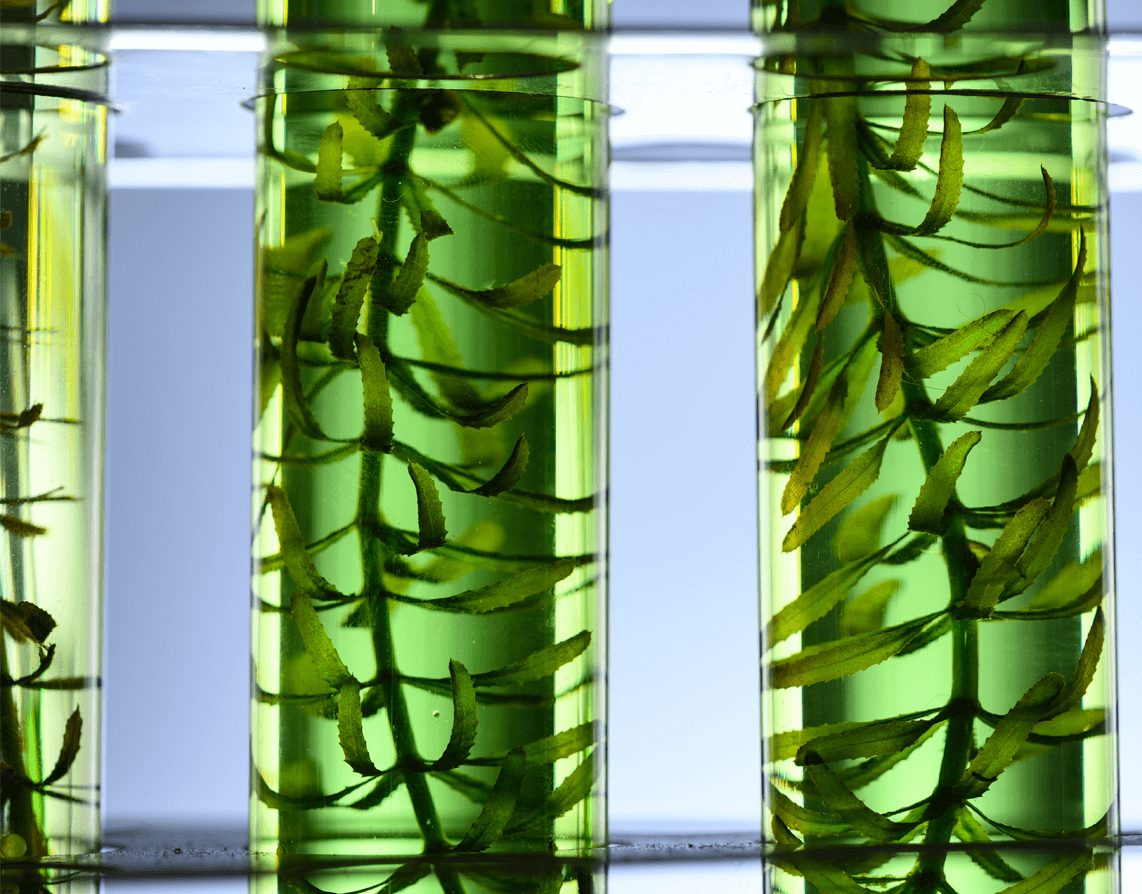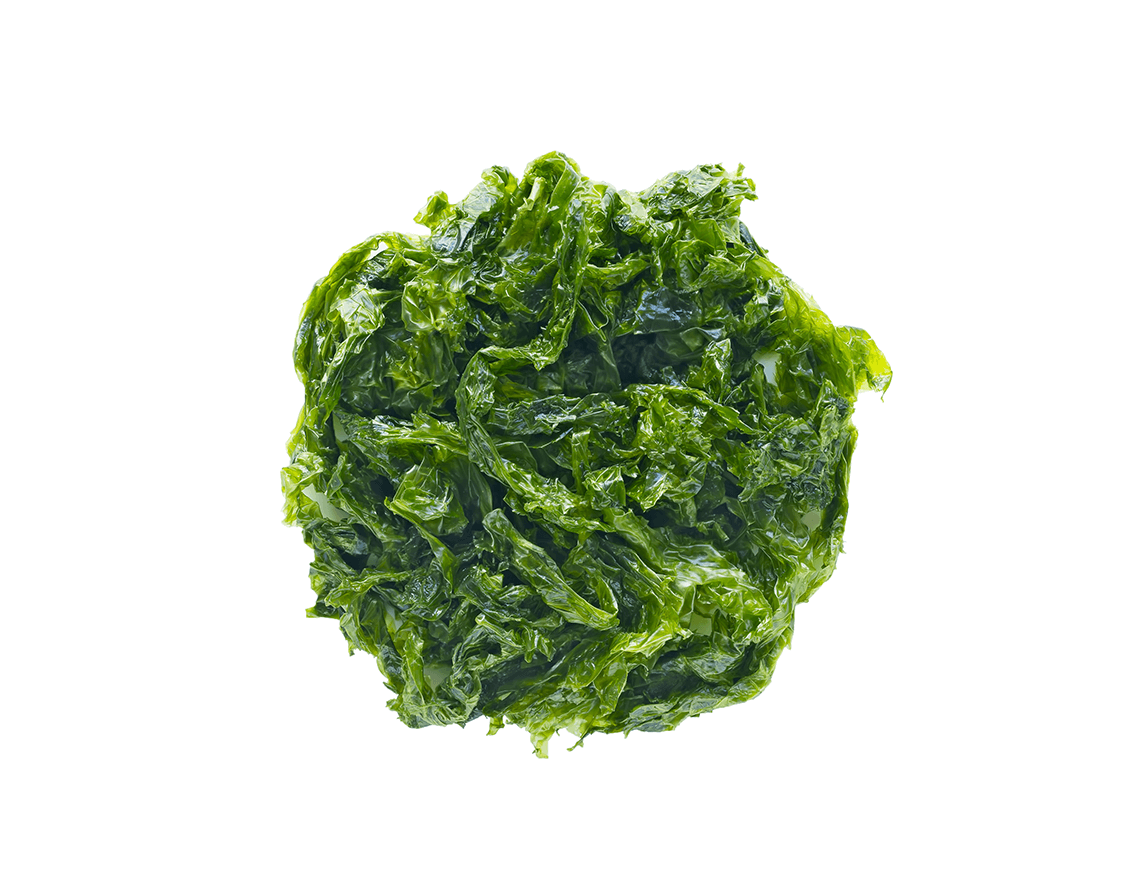When you think about kelp, you may very well think about the vast kelp forests you see when watching shark week or an episode of SpongeBob. However, kelp represents a huge opportunity in aquaculture and can serve as regenerative agriculture. Let’s take a look at the exciting possibilities of kelp and why we need to talk about it more.
HEALTH BENEFITS
When we think of agricultural products, we often do not think about plants from the sea. However, many nations utilise kelp frequently in foods including Japan, South Korea, and China. In addition to tasting good and being suitable for a wide range of dishes, kelp is extremely healthy. It contains substances that support heart health, enhance weight loss, and preliminary research suggest have potential anti-cancer effects. It might not look that apetising but add a bit of garlic & seasoning and like most things, the flavour will be improved dramatically.


HELP THE ENVIRONMENT
From an environmental standpoint, kelp farming is a type of regenerative agriculture. This means that the process of growing kelp gives back more to the environment than it takes. Kelp produces no waste, requires no feeding, and obviously doesn’t need irrigation. The only emissions are from boats used to tend the crop. It also absorbs carbon dioxide from the ocean. It is extremely effective at this, absorbing CO2 more efficiently than even trees.
THERE’S MONEY IN THE GREEN STUFF
Kelp farming is profitable for many reasons. First, it has a relatively low startup cost. According to a story from The Guardian, it is anticipated that engaging in this regenerative agriculture requires less than £15,000 and a boat to begin. Kelp can also be produced in the same area as shellfish as both are suitable to similar environments. It is estimated that growing kelp and shellfish together can bring in roughly £27,000 in profit per acre annually.


HOW TO WE ADVOCATE FOR KELP?
There are a number of ways that we can help advocate for increasing investment in kelp production. First, it is important to help raise agricultural awareness about this product. A good solution to this is video production that details the benefits of growing kelp. This could include overviews of the process, interviews with kelp farmers, or even “day in the life” type videos showing the process of kelp production. Another potential way to leverage video production to get out this message involves showing how kelp can be used in recipes. Increasing demand for kelp will help increase investment in kelp farming. Thus, showing how kelp can be incorporated into recipes and encouraging Britons and restaurants to try adding kelp to their diets and menus will be beneficial.
FINAL THOUGHTS
Finally, in a world increasingly focused on sustainability, touting the benefits of regenerative agriculture can help create buzz. Again, video production aimed at showing how kelp farming can create a positive environmental impact can help persuade others to support this industry, generating momentum. We love writing about new ideas that inspire us at Super Motion but what are you doing to make a difference? How are you changing your practices to create change? Click the button to book in a strategy call and let’s have an obligation free conversation about your business, your message and how to convey this to your audience.

Recent Comments